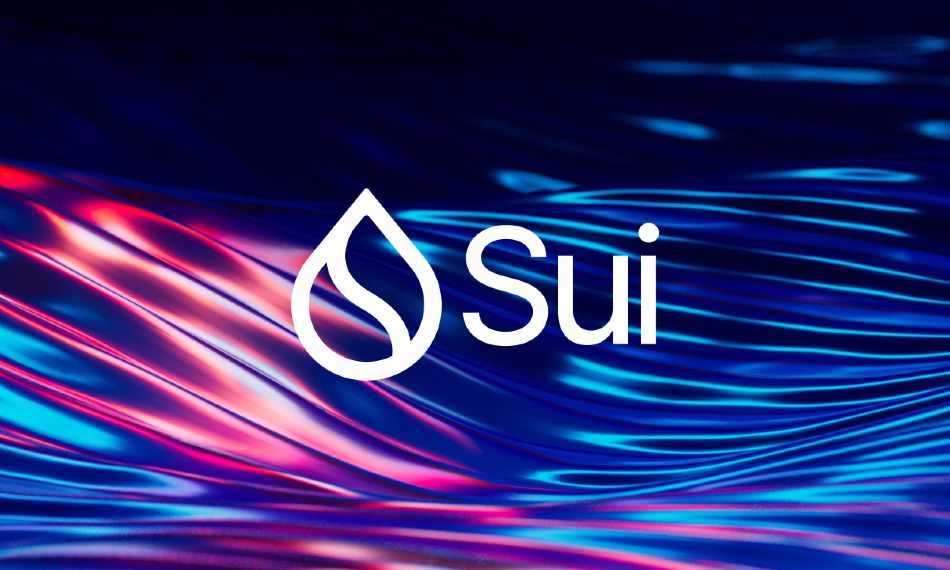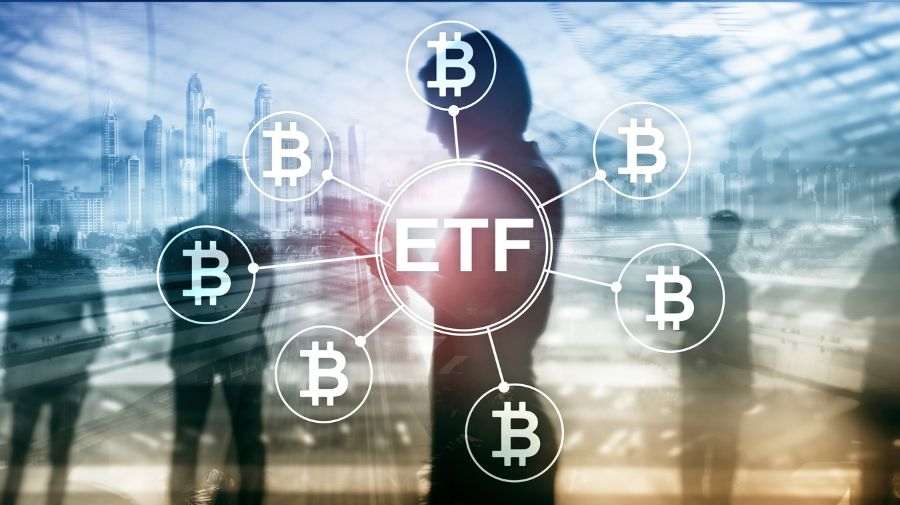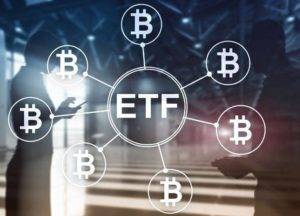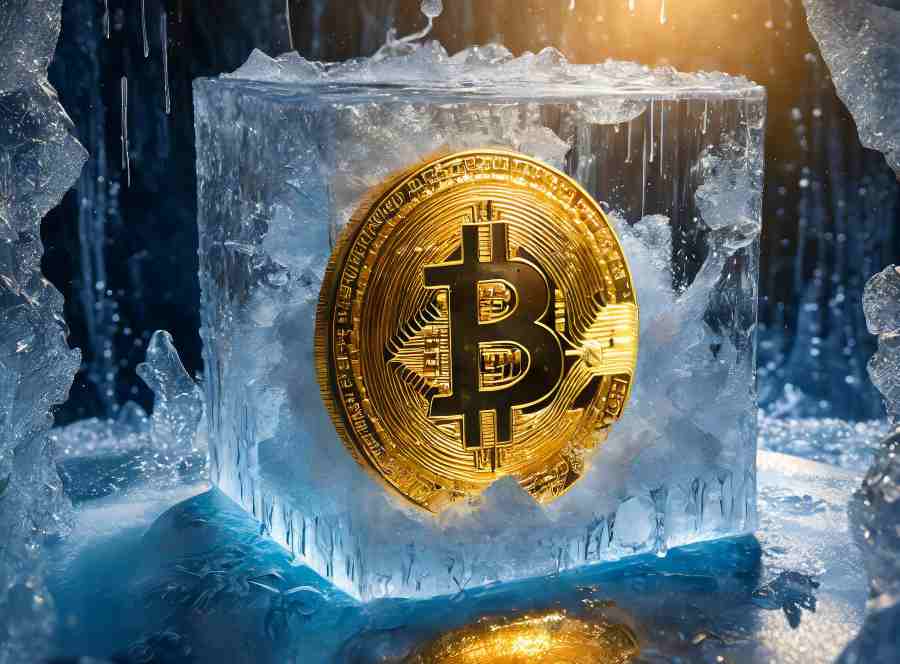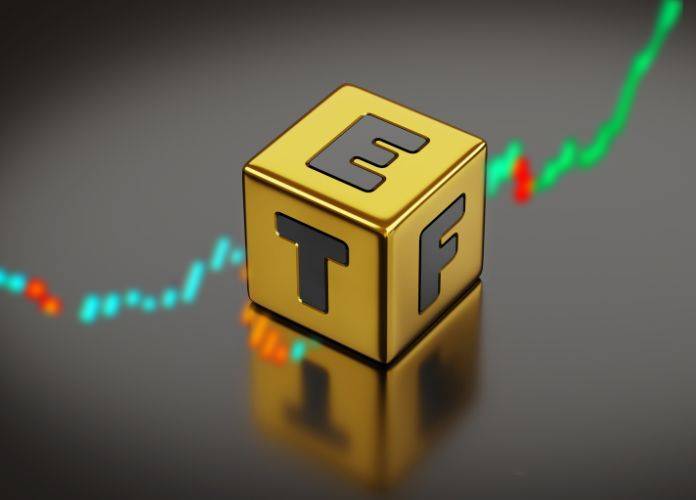As it continues to tokenize real-world assets, Ondo Finance has launched the treasury-backed USDY stablecoin alternative on the Sui Network.
This marks the network’s first venture into hosting a native dollar-denominated token. USDY, which is backed by US treasury assets and bears interest, is now accessible for use across the Sui ecosystem, including by developers, builders, and their users.
As it targets integrating tokenized real-world assets onto public blockchains, Ondo Finance has a Total Value Locked (TVL) of $185 million, making it the third-largest platform of its kind. The introduction of its treasury-backed tokens, including USDY, to the Sui Network is poised to expand the possibilities for decentralized application (dApp) development within this space.
The move is anticipated to enhance the Sui Network’s already growing DeFi Total Value Locked (TVL) and transaction volume. The deployment of USDY on Sui has been met with immediate integration into several DeFi protocols, including Aftermath Finance, Cetus, NAVI Protocol, Typus Finance, Bucket Protocol, Turbos, and KriyaDEX.
The Sui Foundation’s Greg Siourounis says incorporating tokenized treasury-backed offerings like USDY into the Sui network both showcases Sui’s readiness to embrace advanced tokenized assets but also opens up new avenues for innovation and application development within the network’s growing DeFi landscape.
What Are Real World Assets (RWA)
In the evolving landscape of digital finance, the tokenization of real-world assets using blockchain technology presents a groundbreaking opportunity for Sui, Ondo Finance and others.The process involves converting rights to an asset into a digital token on a blockchain, offering a new horizon for investments and asset management.
The fusion of real-world assets and cryptocurrency has the potential to democratize access to investment opportunities and also enhance liquidity and transparency, revolutionizing how even small investors can interact with traditional asset classes.
The Rise of Tokenization and Smart Contracts
Tokenization harnesses the power of smart contracts on blockchain platforms to fractionalize ownership of tangible assets, such as real estate, commodities, art, and music. Smart contracts are self-executing contracts with the terms of the agreement directly written into lines of code.
These digital contracts facilitate, verify, and enforce the negotiation or performance of a contract autonomously, without the need for intermediaries. Through this mechanism, assets that were once difficult to divide and distribute can now be easily fractionalized and owned by multiple parties, each holding tokens representing a portion of the underlying asset.
Benefits of Tokenizing Real World Assets
1. Democratization of Asset Ownership: Tokenization lowers the barriers to entry for investment in high-value assets. By fractionalizing ownership, it allows individuals to participate in investment opportunities with smaller capital outlays, democratizing access to wealth generation and diversification.
2. Enhanced Liquidity: The fractional ownership enabled by tokenization increases the liquidity of traditionally illiquid assets like real estate or fine art. Token holders can trade their shares on secondary markets, providing a level of liquidity previously unseen in some asset classes.
3. Improved Transparency and Security: Blockchain’s inherent characteristics of immutability and transparency ensure that the ownership and transaction history of tokenized assets are securely recorded. This reduces fraud, improves trust, and streamlines the due diligence process.
4. Global Market Access: Tokenization transcends geographical boundaries, allowing investors worldwide to access asset classes from different markets. This global accessibility can increase the demand for tokenized assets, potentially driving up their value.
Real-World Applications and Considerations
The tokenization of real estate has emerged as a prominent application, allowing investors to purchase tokens representing shares of property ownership. Similarly, fine art, a market once reserved for the affluent, can now be fractionally owned by art enthusiasts of varying financial backgrounds.
However, while the benefits are significant, there are considerations and challenges, including regulatory compliance, market adoption, and the need for robust infrastructure to support trading and management of tokenized assets. The financial, legal, social and institutional infrastructure that encompasses legacy real-world asset businesses like real estate is deeply ingrained and has proven very difficult to disrupt.
The Future of Tokenization
As regulatory frameworks evolve and technology matures, the tokenization of real-world assets has the potential to significantly impact the financial industry. It promises to open up new avenues for investment, streamline asset management processes, and create more inclusive economic opportunities. The continued development of blockchain technology and smart contracts will be crucial in realizing the full potential of this innovative approach to asset ownership and investment.

